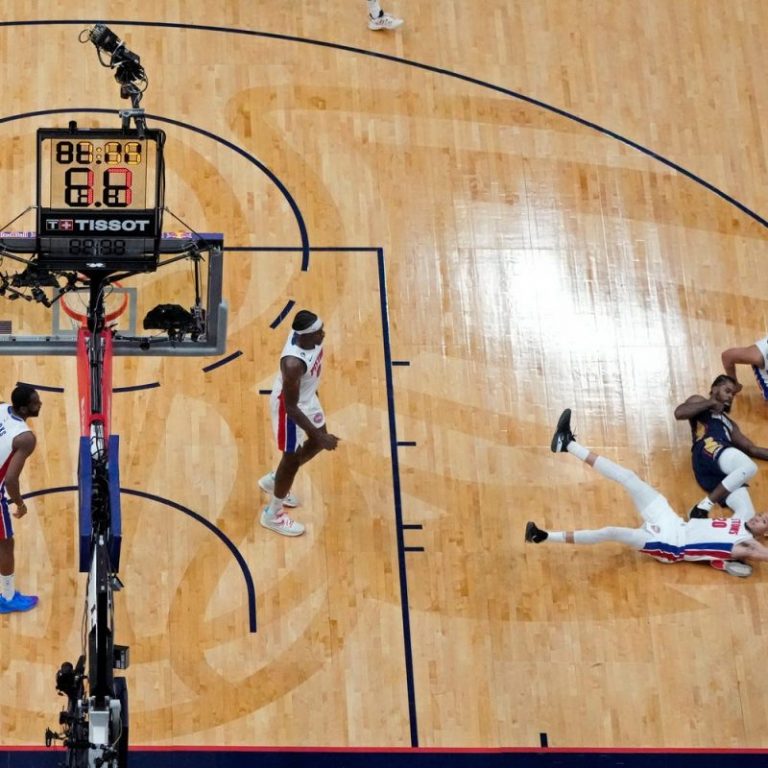The NBA and the National Basketball Players Association are giving each other more time to decide if they want to opt out of the league’s current Collective Bargaining Agreement, a person with knowledge of the talks said Friday.
The new opt-out date — which was going to be Dec. 15 — will be set for early 2023 and could be moved yet again depending on the progress of talks, said the person who spoke to The Associated Press on condition of anonymity because nothing was revealed by either the NBA or NBPA.
Members of the NBA’s Board of Governors are expected to formally agree to the extension at their scheduled meeting next week. ESPN first reported the decision to move the date, saying the next deadline will be set for February.
Either side had until this coming Thursday to exercise its right to terminate the existing CBA on June 30, 2023. The move revealed Friday extends that deadline, and similar moves in past years have tended to suggest that talks are moving forward.
Follow every game: Latest NBA Scores and Schedules
Among the issues that the NBA and the NBPA have been discussing in recent weeks is a return to letting players enter the draft straight out of high school without waiting a year — that move is expected to be included in the next CBA — along with what the league considers an “upper spending limit” that would significantly tighten the rules on how much teams can spend each year on their roster.
That particular proposal comes at a time where some teams — the reigning NBA champion Golden State Warriors, primarily — are simply spending more than other teams either are willing or able to. The Warriors spent nearly $350 million this past season on salaries and luxury tax, with projections of spending even more this season.
That’s nearly four times what the San Antonio Spurs are forecast to spend this season, three times as much as the Memphis Grizzlies are and a bit more than double the average that the other 29 clubs are on pace to spend this season. And most of those teams — at least 20 of the 30 — aren’t in line to go into the tax this season.
The league is coming off a year where revenues exceeded $10 billion for the first time.
The current CBA was agreed to by the players and the union in 2016 and extended the most lucrative stretch — for players and teams — in league history. Player salaries and team values have soared and will likely continue to do so when the next media rights deal goes into place; most expectations are that the next such deal will be worth considerably more than the current $24 billion, nine-year pact.
There has not been a labor-related stoppage in the NBA since 2011, when a lockout lasted just over five months and saw the 2011-12 season reduced to 66 games.

